 I watched the first half of The Magnificent Seven last night. The new one, with Denzel Washington and Christ Pratt. I’ve always had something of a paradoxical relationship with westerns… My dad was a big John Wayne fan, so I saw a lot of his movies as a kid, mostly in passing. Can’t say that they were ever that important to me, though one or two of them – particularly True Grit and Big Jake, for some reason – I caught enough times that I’d say I kinda enjoyed them. That being said, other than the occasional oddball like Support Your Local Gunfighter and The Outlaw Josey Wales, the genre largely failed to capture my imagination.
I watched the first half of The Magnificent Seven last night. The new one, with Denzel Washington and Christ Pratt. I’ve always had something of a paradoxical relationship with westerns… My dad was a big John Wayne fan, so I saw a lot of his movies as a kid, mostly in passing. Can’t say that they were ever that important to me, though one or two of them – particularly True Grit and Big Jake, for some reason – I caught enough times that I’d say I kinda enjoyed them. That being said, other than the occasional oddball like Support Your Local Gunfighter and The Outlaw Josey Wales, the genre largely failed to capture my imagination.
Until Young Guns, that is.
For me, this illustrates a generational issue that has always plagued my sensibilities. As most of my friends are aware, I’m something of a movie whore. I love movies, and I don’t apologize for it. It really isn’t popular to like films that are shallow or trendy, or huge departures from a beloved novel, or overhyped. I get it. As someone who can appreciate the deep and complex artistry of quality storytelling, the power of a compelling performance and a brilliantly framed scene, it seems a betrayal of good taste to similarly appreciate big budget special effect movies and unoriginal narrative concepts. As someone who thoroughly enjoyed films like Magnolia and American Beauty, and unapologetically dug the Michael Bay Transformers flicks despite their fast and loose treatment of a childhood passion – who enjoyed pretty much everything from M. Night Shyamalan including The Last Airbender – how can I ever convince anyone that I have any semblance of taste?
So here’s the thing. I enjoy entertainment. I enjoy an immersive experience. The artistry is never lost on me… I can forgive a lot of middling storytelling for some transcendent cinematography, beautifully crafted visuals, and an amazing score. I can forgive more than a few plot holes if the pacing is good and the acting is superb. I prefer a story that makes me think or keeps me guessing, but I’m no less capable of enjoying a movie that requires me to put logic aside and just soak it in. I don’t think this actually compromises my ability to recognize flaws in the process, but I don’t let them disrupt my enjoyment of an otherwise immersive product. And I try not to get hung up on the things that would otherwise take me out of it.
But as it turns out, I still have my standards.
 I grew up in the Star Wars era. Many film aficionados recognize three very poignant milestones in modern filmmaking that utterly transformed our expectations. Lucas’s epic space opera was the first of these. Prior to Star Wars, the look and feel of science fiction tended toward a less comprehensive landscape in terms of visual effects, pacing and story – even acting. I was born in ’75, and from my earliest memories I always knew who Kirk and Spock were, but I don’t actually remember watching Star Trek as a kid. It’s the same way I knew Superman or Bugs Bunny. I remember my father getting me an Empire Strikes Back lunchbox for me my 1st-grade year – and I remember him telling me that I’d gone with he and my Aunt Jeannie to see the movie – but my first real memory of Star Wars was a year or so later when the original film came back to theaters while they were filming Jedi.
I grew up in the Star Wars era. Many film aficionados recognize three very poignant milestones in modern filmmaking that utterly transformed our expectations. Lucas’s epic space opera was the first of these. Prior to Star Wars, the look and feel of science fiction tended toward a less comprehensive landscape in terms of visual effects, pacing and story – even acting. I was born in ’75, and from my earliest memories I always knew who Kirk and Spock were, but I don’t actually remember watching Star Trek as a kid. It’s the same way I knew Superman or Bugs Bunny. I remember my father getting me an Empire Strikes Back lunchbox for me my 1st-grade year – and I remember him telling me that I’d gone with he and my Aunt Jeannie to see the movie – but my first real memory of Star Wars was a year or so later when the original film came back to theaters while they were filming Jedi.
Then I saw The Wrath of Khan. As a 7-year-old, the intricacies of the tale were lost on me, though I remember my mom being excited about Ricardo Montalbán’s reprisal of his villainous heartthrob from TOS. And here’s where we get to the point. I was not yet a fan of anything in particular, except maybe dinosaurs and Darth Vader. When Star Wars hit the scene in ’77, every sci-fi filmmaker and more than a few producing material for television saw their simple tried-and-true formula handily evaporate in the wake of visual storytelling that truly transported the viewer into Lucas’s universe. Trippy effects like were prevalent in Kubrick’s 2001: A Space Odyssey were no longer sufficient to impress viewers who had ridden in the cockpit of the Millennium Falcon and felt the awesome power of the Death Star as it sucked them in. I think a lot of folks can agree that Gene Roddenbery and director Robert Wise might have done well to shelve Star Trek: The Motion Picture in ’79 and retool their vision to meet this new standard.
Star Wars similarly represented a shift in storytelling. Characters were interesting and excitable and moved with a sense of purpose. The genre (and I admit that I use the term fairly loosely here) had been dominated by ponderous exchanges and classic performance tropes that had endured throughout cinema since the 50s. We all laugh about Luke’s whininess now, but it was a surprisingly fresh presentation of character for the genre at the time. Also, the camera moved with a sense of cinematic purpose, framing everything from the flight from Mos Eisley to the Kenobi-Vader showdown with an intimacy and grandeur that was uncommon at the time and served to heighten the immersion of the experience.
The Star Trek movies I grew up with had, in many ways, learned their lesson and maneuvered into a more modern texture in visual effects and cinematography. Other science fiction and fantasy eventually caught up, as well, though genre movies were rarely provided the kind of budget that they needed to transcend some of those issues. Donner’s Superman movies demonstrated some creative effects that allowed a level of immersion, but still had some glaring issues. Spielberg asked us to follow him down the rabbit hole a hair with Raiders of the Lost Ark and E.T., while Ridley Scott gave us a sobering experience with Alien that used the balance of what we could and couldn’t see to mix a bit of wonder with a dash or two of terror. The entire industry was undergoing a fascinating transformation that I could give two shits about… because I was, like. 6 years old.
 What mattered to me was that I grew up in the post Star Wars era, so the look and feel of a thing mattered a great deal. When confronted with movies from yesteryear, I was bored and unimpressed. Original series Star Trek episodes confused me, as my Enterprise from the movies in the 80s felt so much more real and the characters felt like they were really interacting, not just posing and following a script. Roger Moore was my first James Bond, and westerns – as I may have intimated before – felt like stilted play-acting on painted sets.
What mattered to me was that I grew up in the post Star Wars era, so the look and feel of a thing mattered a great deal. When confronted with movies from yesteryear, I was bored and unimpressed. Original series Star Trek episodes confused me, as my Enterprise from the movies in the 80s felt so much more real and the characters felt like they were really interacting, not just posing and following a script. Roger Moore was my first James Bond, and westerns – as I may have intimated before – felt like stilted play-acting on painted sets.
Until Young Guns, that is.
In the late 80s, I discovered something that really surprised me. All the tropey little affectations that were classic cinematographics of the genre really spoke to me. The close up on a hand hovering near a gun, then the twitching mustache at the corner of his mouth. The way everyone in town held their breath as the tension mounted. When you took those things and gave them a modern look and feel that actually pulled you into the story, I was hooked. Young Guns and Young Guns II, The Quick and the Dead, Tombstone, Dances with Wolves and Wyatt Earp, Bad Girls and Unforgiven… I finally got it. The romanticism of the genre was finally accessible to me. No surprise, i guess, given how much the western genre informed Star Wars, Star Trek, and many other genre favorites. And in more recent years, remakes like 3:10 to Yuma and True Grit have reminded me so much of those early discoveries.
I’ve been sick, so I have to kinda pace myself lately, but I’m looking forward to finishing The Magnificent Seven.
Oh… and the other milestones I mentioned? There are two other easily recognizable incidents in modern filmmaking that have established a new standard – for better or for worse – and redefined our expectations. Most movies can easily be categorized by whether they came before or after… One of them was Jurassic Park.
The other was Avatar.
On a final note, I suppose I should admit that I love me some J.J. Abrams Star Trek. The new movies are beautiful and spectacular, and they captured a lot of what I have always loved about the genre and really celebrated the things that make Star Trek fun. Many fans are turned off by more than a few of Abrams’ choices, and I get that. I just don’t let it get in the way. The new movies bring a modern sensibility to the look and feel of Star Trek, something I have longed to see for a long time. For many, the focus on visual effects and the undeniable overuse of lens flares detracts from the experience, while the sublimation of classic social commentary elements and reimagining of characters puts people on edge. And I thought the alternate timeline thing was freakin’ brilliant, and while I didn’t feel that a new Khan movie was necessary, I loved every little homage to the original story and twist and turn that demonstrated how the timeline change had turned everything on its ear.
For me, reboots and reimagined ideas, new interpretations of beloved works… none of these bother me. My enjoyment of the original is not somehow poisoned by a new idea. I often find that I can love wildly different takes on an old favorite, and I expect everything to stand on its own merit. The Lord of the Rings is easily one of my earliest passions, and I was excited beyond measure when the first trailer for Fellowship hit the Internet… and when the elves showed up at Helm’s Deep in The Two Towers, I cheered Jackson’s pacing and innovation and appreciated how much more fun that movie was than the second book in the trilogy, which is famously a tough read. And though I’ve been known to complain at almost every line of dialogue in Attack of the Clones, I hold the Star Wars prequels dear for bringing a love of my treasured franchise to my oldest child, who was certainly not scarred by the antics of Mr. Binks.
And neither was I.


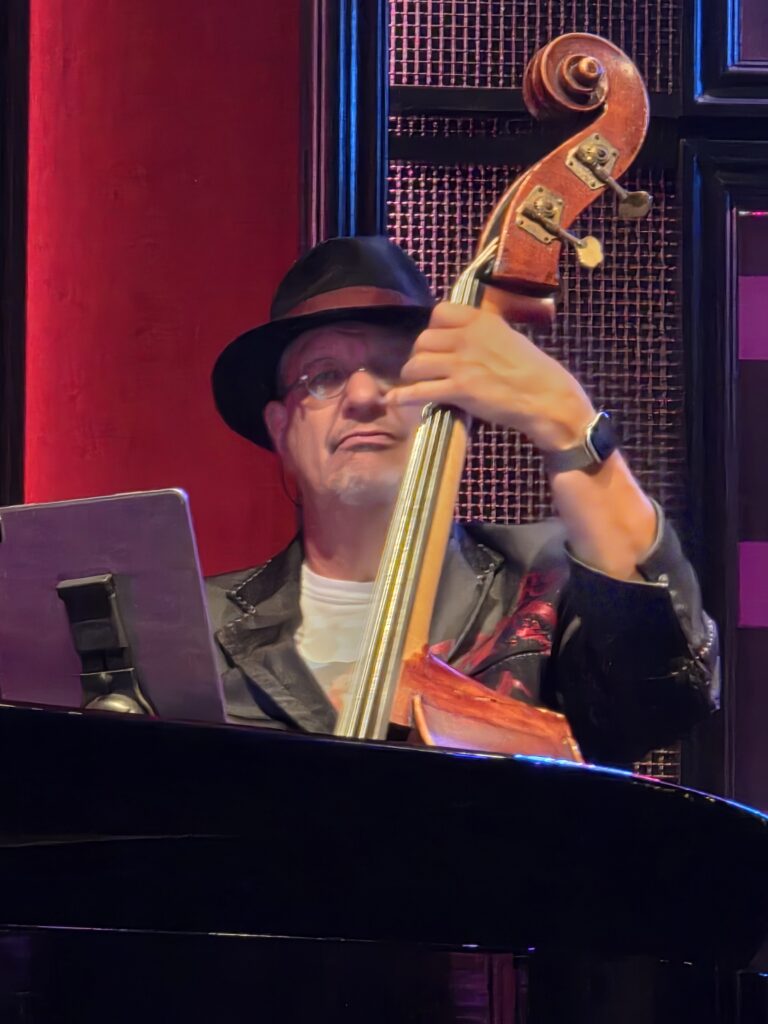
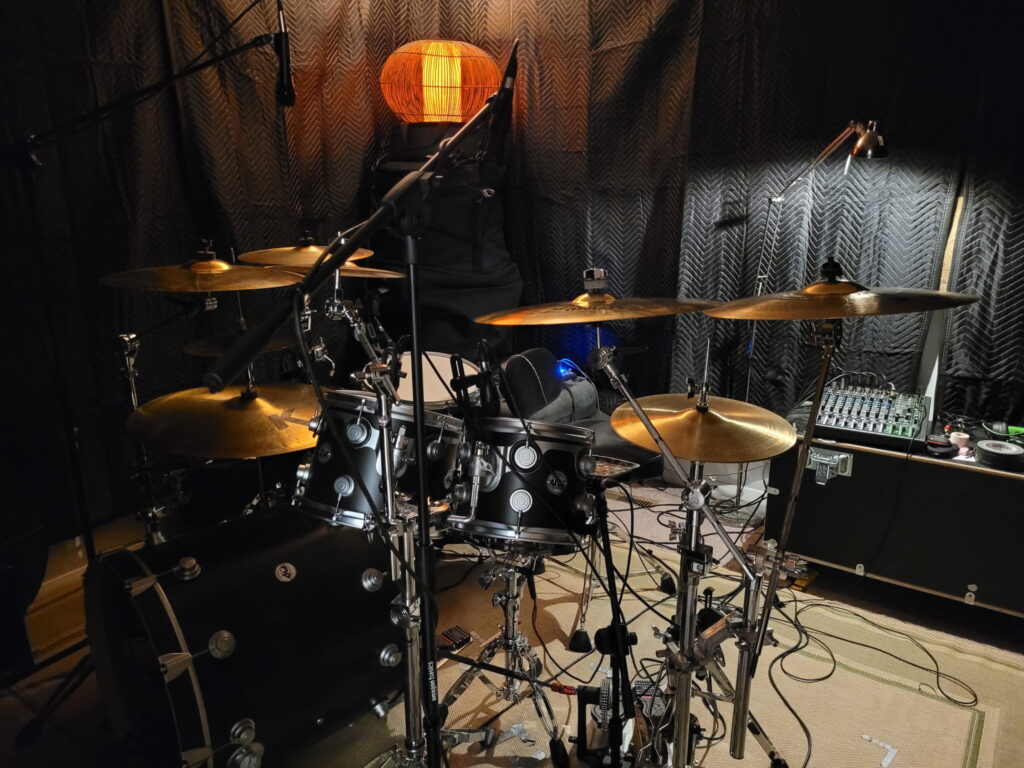
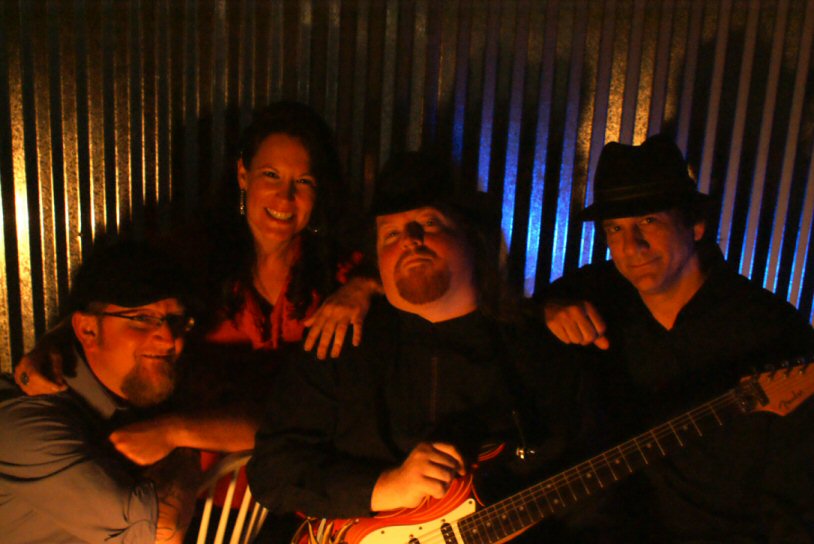
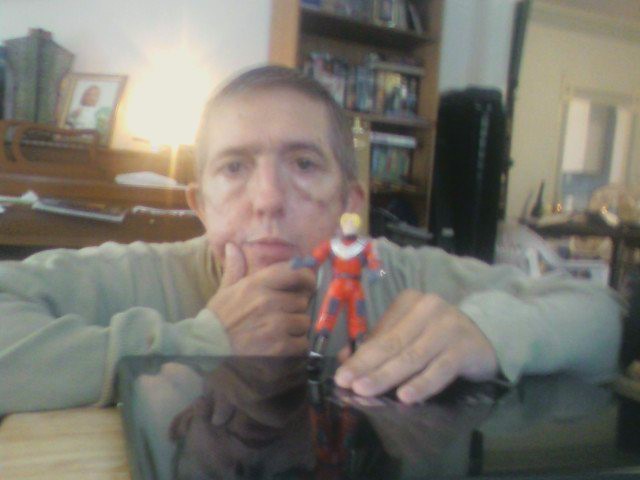
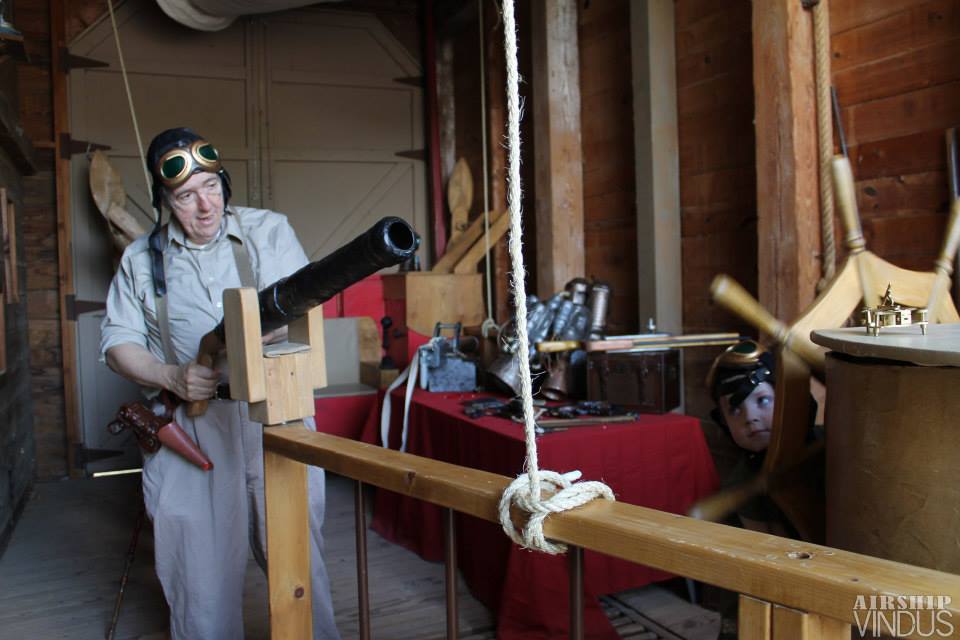
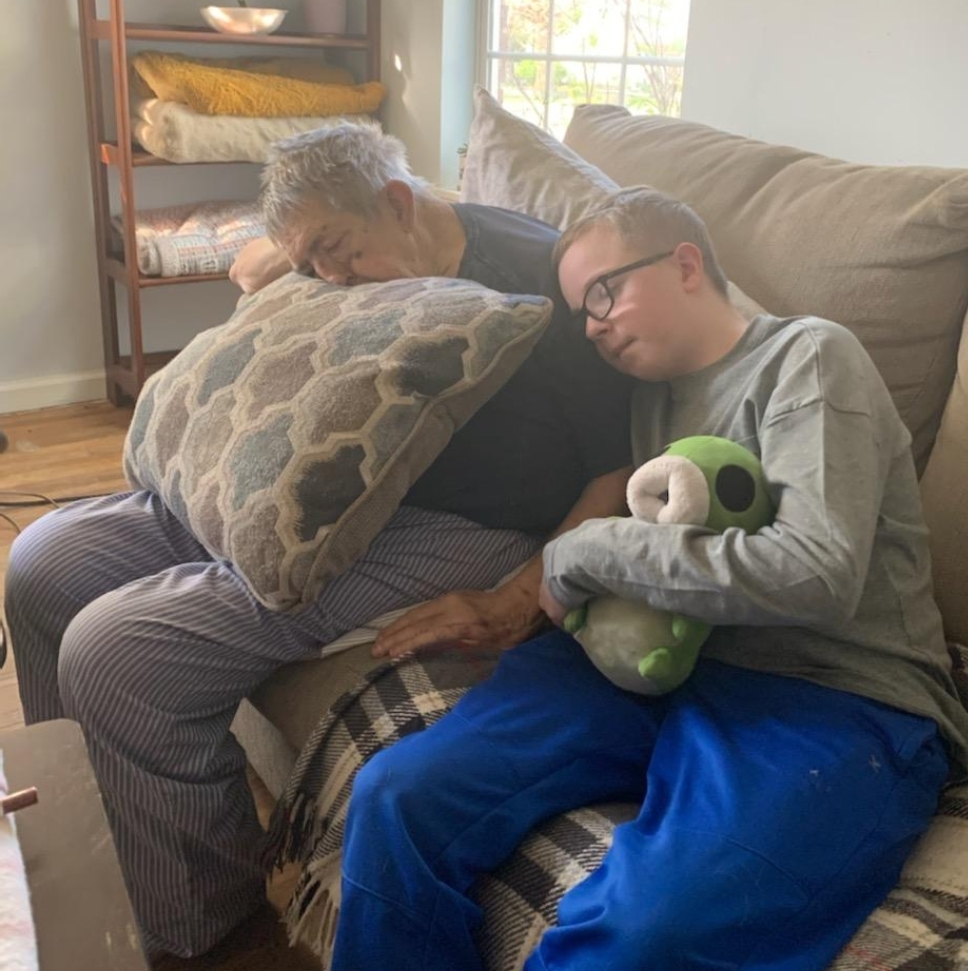


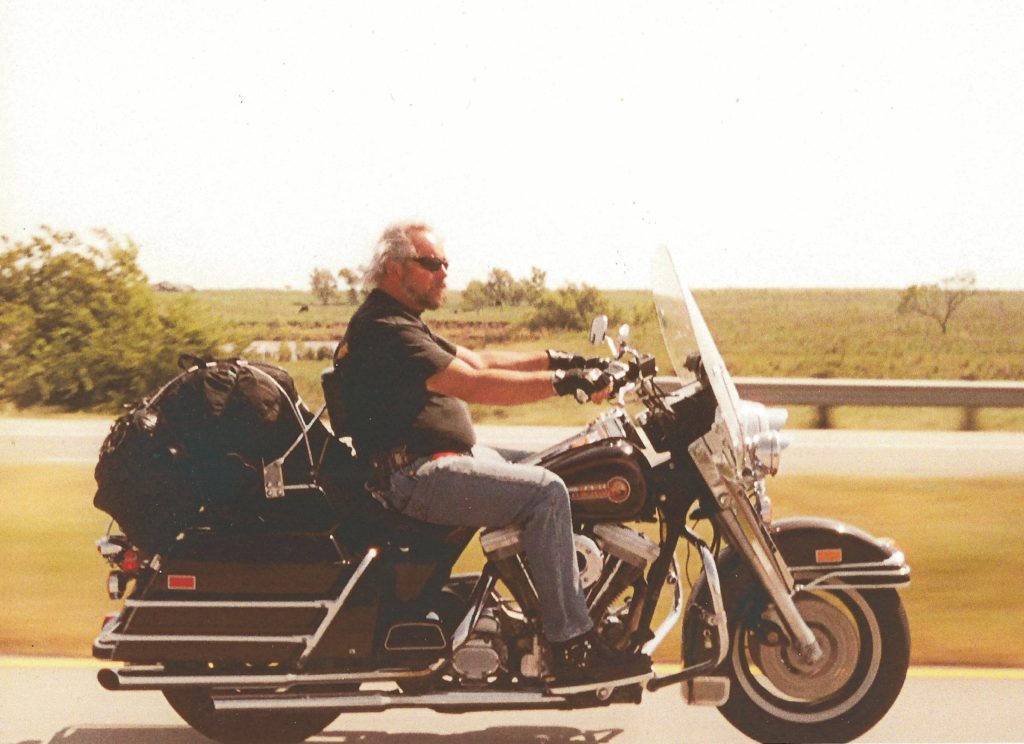
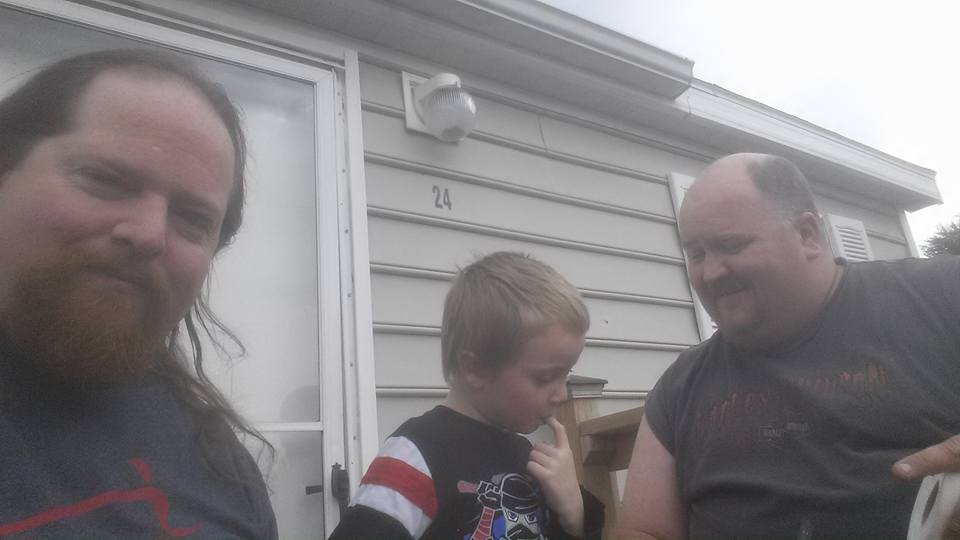
 I watched the first half of
I watched the first half of  I grew up in the Star Wars era. Many film aficionados recognize three very poignant milestones in modern filmmaking that utterly transformed our expectations. Lucas’s epic space opera was the first of these. Prior to Star Wars, the look and feel of science fiction tended toward a less comprehensive landscape in terms of visual effects, pacing and story – even acting. I was born in ’75, and from my earliest memories I always knew who Kirk and Spock were, but I don’t actually remember watching Star Trek as a kid. It’s the same way I knew Superman or Bugs Bunny. I remember my father getting me an Empire Strikes Back lunchbox for me my 1st-grade year – and I remember him telling me that I’d gone with he and my Aunt Jeannie to see the movie – but my first real memory of Star Wars was a year or so later when the original film came back to theaters while they were filming Jedi.
I grew up in the Star Wars era. Many film aficionados recognize three very poignant milestones in modern filmmaking that utterly transformed our expectations. Lucas’s epic space opera was the first of these. Prior to Star Wars, the look and feel of science fiction tended toward a less comprehensive landscape in terms of visual effects, pacing and story – even acting. I was born in ’75, and from my earliest memories I always knew who Kirk and Spock were, but I don’t actually remember watching Star Trek as a kid. It’s the same way I knew Superman or Bugs Bunny. I remember my father getting me an Empire Strikes Back lunchbox for me my 1st-grade year – and I remember him telling me that I’d gone with he and my Aunt Jeannie to see the movie – but my first real memory of Star Wars was a year or so later when the original film came back to theaters while they were filming Jedi. What mattered to me was that I grew up in the post Star Wars era, so the look and feel of a thing mattered a great deal. When confronted with movies from yesteryear, I was bored and unimpressed. Original series Star Trek episodes confused me, as my Enterprise from the movies in the 80s felt so much more real and the characters felt like they were really interacting, not just posing and following a script. Roger Moore was my first James Bond, and westerns – as I may have intimated before – felt like stilted play-acting on painted sets.
What mattered to me was that I grew up in the post Star Wars era, so the look and feel of a thing mattered a great deal. When confronted with movies from yesteryear, I was bored and unimpressed. Original series Star Trek episodes confused me, as my Enterprise from the movies in the 80s felt so much more real and the characters felt like they were really interacting, not just posing and following a script. Roger Moore was my first James Bond, and westerns – as I may have intimated before – felt like stilted play-acting on painted sets.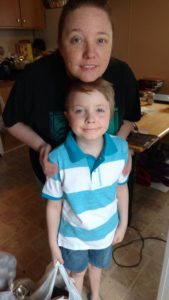 Since first learning that I was going to be a father, I’ve worried about many things. I’d never connected well with children and, as an intellectual, I was barely ever a child myself. Much had changed as I learned to communicate with and appreciate my daughter Niera, but she was 10 when we met. I had a powerful hand in the direction of her education and lifestyle as she bore down on her teenage years, and I am eternally proud of the young woman she has become. But I never knew her as a small child, and upon recognizing what the future held in the summer of 2008, I was nervous about the days ahead.
Since first learning that I was going to be a father, I’ve worried about many things. I’d never connected well with children and, as an intellectual, I was barely ever a child myself. Much had changed as I learned to communicate with and appreciate my daughter Niera, but she was 10 when we met. I had a powerful hand in the direction of her education and lifestyle as she bore down on her teenage years, and I am eternally proud of the young woman she has become. But I never knew her as a small child, and upon recognizing what the future held in the summer of 2008, I was nervous about the days ahead.